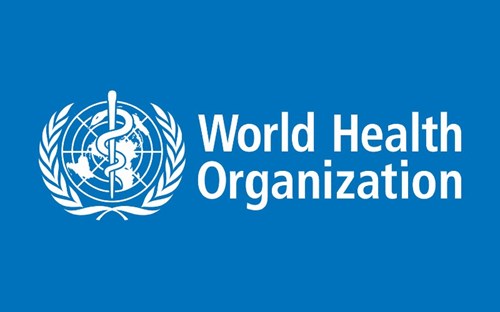 Travis Weber, vice president for policy and government at the Family Research Council, has been watching the WHO in action this week in Geneva, Switzerland, site of the World Health Assembly, the annual meeting of the WHO.
Travis Weber, vice president for policy and government at the Family Research Council, has been watching the WHO in action this week in Geneva, Switzerland, site of the World Health Assembly, the annual meeting of the WHO.
"The nations are all in agreement on a desire to see some sort of pandemic agreement and to see International Health Regulations amendments," he said on Washington Watch Thursday. "There’s not really any disagreement there."
The disagreement among the delegates, Weber said, is over the process and the length of time to get it done. For now, he told show host Tony Perkins, it looks like a pandemic agreement is done for now because of details to work out.
The IHR amendments are a parallel agenda for the WHO. The IHR is a legally binding agreement between 194 nations. Its modification is necessary to give the WHO the international legal authority it seeks.
Weber said a group of delegates is tasked with drafting "the way ahead" on the IHR amendments and a pandemic agreement.
Conversation has turned to a possible way forward for the agreement, which critics call a threat to the sovereignty of nations.
If approved, broad authority would be granted to the WHO, likely including the ability to impose vaccine mandates, travel restrictions, and more on the U.S. and other nations in the event of another pandemic.
“I've heard Argentina say they're not sure that this pandemic treatment process is the right way to tackle another emergency," Weber shared, "but by and large, you hear favorable comments from the delegates."
WHO still trying to get it done
One obstacle on both fronts --- the pandemic agreement and the IHR --- is the WHO’s desire that any agreement be reached unanimously.
WHO leadership had hoped that would come before the annual meeting, but negotiators ended their talks short of the goal last Friday.
 The latest draft proposes that the WHO should get 20% of the production of pandemic-related products like tests, treatments, and vaccines, but differences remain over the sharing of information about pathogens that emerge and the sharing of technologies to fight them.
The latest draft proposes that the WHO should get 20% of the production of pandemic-related products like tests, treatments, and vaccines, but differences remain over the sharing of information about pathogens that emerge and the sharing of technologies to fight them.
“There are points of disagreement between member states, including the definition of a pandemic emergency, how it will be funded and who's going to share what resources with what country," Weber advised. "So the states have a lot to hash out. I think we might see some of this disagreement come out."
For the remainder of the annual meeting, the focus is on amending the IHR and that’s still in the works.
“There’s an effort to get them passed, but there are a lot of concerns with those as well in the area of sovereignty,” Weber said.
Shifting from pandemic to gender
Much of Thursday’s discussion centered less on pandemic preparedness and more on “reproductive health,” the code word for abortion.

There was a lot of talk about “what the member states were doing to cooperate to reduce maternal mortality," Weber advised.
"That sounds like a good goal, but what you heard was how they were approaching it...a lot of references to sexual reproductive health, references to universal health coverage," he said.







